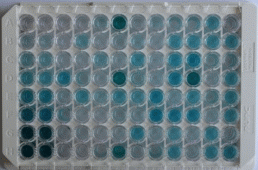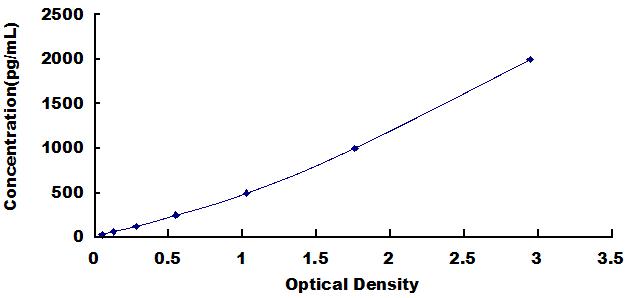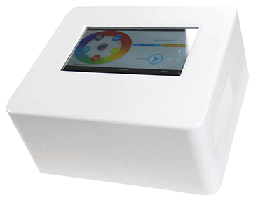Packages (Simulation)

Reagent Preparation

Image (I)
Image (II)
Certificate


ELISA Kit for Tumor Necrosis Factor Related Apoptosis Inducing Ligand (TRAIL)
CD253; TNFSF10; APO2L; Apo2-L; TL2; TRAIL; Tumor Necrosis Factor Ligand Superfamily Member 10; Apo-2 Ligand
- Product No.SEA139Mu
- Organism SpeciesMus musculus (Mouse) Same name, Different species.
- Sample Typeserum, plasma, tissue homogenates, cell lysates, cell culture supernates and other biological fluids
- Test MethodDouble-antibody Sandwich
- Assay Length3h
- Detection Range31.2-2,000pg/mL
- SensitivityThe minimum detectable dose of this kit is typically less than 13.1pg/mL.
- DownloadInstruction Manual
- UOM 48T96T 96T*5 96T*10 96T*100
- FOB
US$ 454
US$ 648
US$ 2916
US$ 5508
US$ 45360
For more details, please contact local distributors!
Specificity
This assay has high sensitivity and excellent specificity for detection of Tumor Necrosis Factor Related Apoptosis Inducing Ligand (TRAIL).
No significant cross-reactivity or interference between Tumor Necrosis Factor Related Apoptosis Inducing Ligand (TRAIL) and analogues was observed.
Recovery
Matrices listed below were spiked with certain level of recombinant Tumor Necrosis Factor Related Apoptosis Inducing Ligand (TRAIL) and the recovery rates were calculated by comparing the measured value to the expected amount of Tumor Necrosis Factor Related Apoptosis Inducing Ligand (TRAIL) in samples.
| Matrix | Recovery range (%) | Average(%) |
| serum(n=5) | 98-105 | 101 |
| EDTA plasma(n=5) | 82-94 | 86 |
| heparin plasma(n=5) | 90-98 | 94 |
Precision
Intra-assay Precision (Precision within an assay): 3 samples with low, middle and high level Tumor Necrosis Factor Related Apoptosis Inducing Ligand (TRAIL) were tested 20 times on one plate, respectively.
Inter-assay Precision (Precision between assays): 3 samples with low, middle and high level Tumor Necrosis Factor Related Apoptosis Inducing Ligand (TRAIL) were tested on 3 different plates, 8 replicates in each plate.
CV(%) = SD/meanX100
Intra-Assay: CV<10%
Inter-Assay: CV<12%
Linearity
The linearity of the kit was assayed by testing samples spiked with appropriate concentration of Tumor Necrosis Factor Related Apoptosis Inducing Ligand (TRAIL) and their serial dilutions. The results were demonstrated by the percentage of calculated concentration to the expected.
| Sample | 1:2 | 1:4 | 1:8 | 1:16 |
| serum(n=5) | 93-105% | 78-96% | 94-105% | 91-98% |
| EDTA plasma(n=5) | 97-105% | 93-101% | 78-101% | 91-105% |
| heparin plasma(n=5) | 93-102% | 80-90% | 94-101% | 80-101% |
Stability
The stability of kit is determined by the loss rate of activity. The loss rate of this kit is less than 5% within the expiration date under appropriate storage condition.
To minimize extra influence on the performance, operation procedures and lab conditions, especially room temperature, air humidity, incubator temperature should be strictly controlled. It is also strongly suggested that the whole assay is performed by the same operator from the beginning to the end.
Reagents and materials provided
| Reagents | Quantity | Reagents | Quantity |
| Pre-coated, ready to use 96-well strip plate | 1 | Plate sealer for 96 wells | 4 |
| Standard | 2 | Standard Diluent | 1×20mL |
| Detection Reagent A | 1×120µL | Assay Diluent A | 1×12mL |
| Detection Reagent B | 1×120µL | Assay Diluent B | 1×12mL |
| TMB Substrate | 1×9mL | Stop Solution | 1×6mL |
| Wash Buffer (30 × concentrate) | 1×20mL | Instruction manual | 1 |
Assay procedure summary
1. Prepare all reagents, samples and standards;
2. Add 100µL standard or sample to each well. Incubate 1 hours at 37°C;
3. Aspirate and add 100µL prepared Detection Reagent A. Incubate 1 hour at 37°C;
4. Aspirate and wash 3 times;
5. Add 100µL prepared Detection Reagent B. Incubate 30 minutes at 37°C;
6. Aspirate and wash 5 times;
7. Add 90µL Substrate Solution. Incubate 10-20 minutes at 37°C;
8. Add 50µL Stop Solution. Read at 450nm immediately.
GIVEAWAYS
INCREMENT SERVICES
-
 Single-component Reagents of Assay Kit
Single-component Reagents of Assay Kit
-
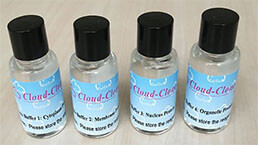 Lysis Buffer Specific for ELISA / CLIA
Lysis Buffer Specific for ELISA / CLIA
-
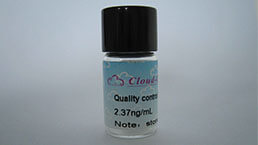 Quality Control of Kit
Quality Control of Kit
-
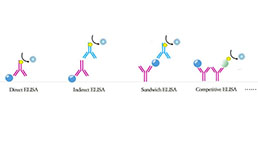 ELISA Kit Customized Service
ELISA Kit Customized Service
-
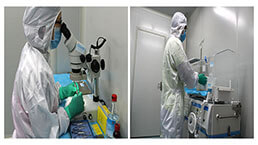 Disease Model Customized Service
Disease Model Customized Service
-
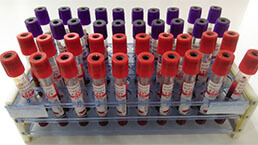 Serums Customized Service
Serums Customized Service
-
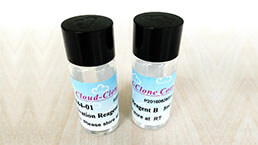 TGFB1 Activation Reagent
TGFB1 Activation Reagent
-
 Real Time PCR Experimental Service
Real Time PCR Experimental Service
-
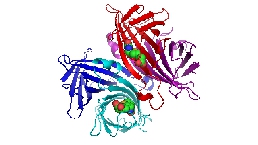 Streptavidin
Streptavidin
-
 Fast blue Protein Stain solution
Fast blue Protein Stain solution
-
 Single-component Reagents of FLIA Kit
Single-component Reagents of FLIA Kit
-
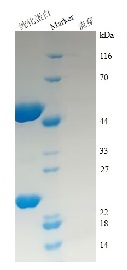 Streptavidin-Agarose Beads
Streptavidin-Agarose Beads
| Magazine | Citations |
| PLOS ONE | Intranasal Administration of Recombinant TRAIL Down-Regulates CXCL-1/KC in an Ovalbumin-Induced Airway Inflammation Murine Model Pubmed:25506835 |
| PLOS ONE | Soluble TRAIL Concentration in Serum Is Elevated in People with Hypercholesterolemia PubMed: 26633016 |
| Scientific Reports | Non-alcoholic fatty liver disease, vascular inflammation and insulin resistance are exacerbated by TRAIL deletion in mice pubmed:28507343 |
| Journal of Molecular Medicine | TRAIL and TRAIL Receptors as Prognostic Markers in Breast Cancer Patients Pubmed: 31183506 |
| life sciences | Nifuroxazide attenuates experimentally-induced hepatic encephalopathy and the associated hyperammonemia and cJNk/caspase-8/TRAIL activation in rats Pubmed: 32259601 |
| Int Immunopharmacol | Cardio-protective impact of gabapentin against doxorubicin-induced myocardial toxicity in rats; emphasis on modulation of inflammatory-apoptotic signaling Pubmed: 33199237 |
| ENVIRONMENTAL TOXICOLOGY AND PHARMACOLOGY | Chemo-preventive effect of crocin against experimentally-induced hepatocarcinogenesis via regulation of apoptotic and Nrf2 signaling pathways Pubmed: 32942000 |
| J Biochem Mol Toxicol | Tranilast abrogates cisplatin©\induced testicular and epididymal injuries: An insight into its modulatory impact on apoptosis/proliferation 34047436 |

